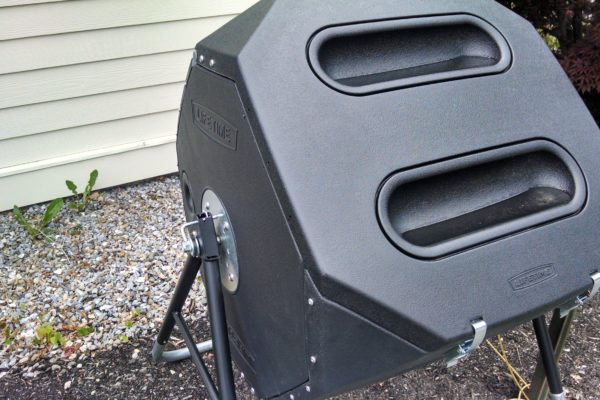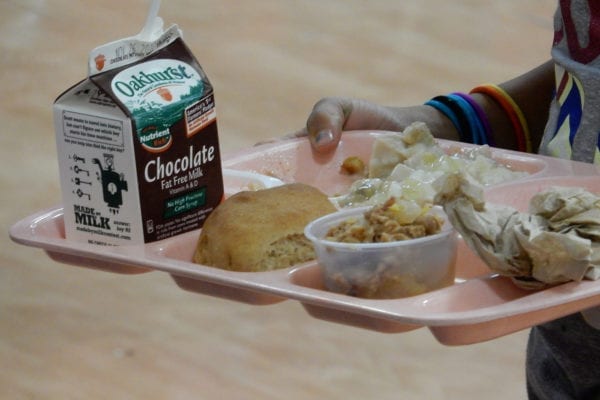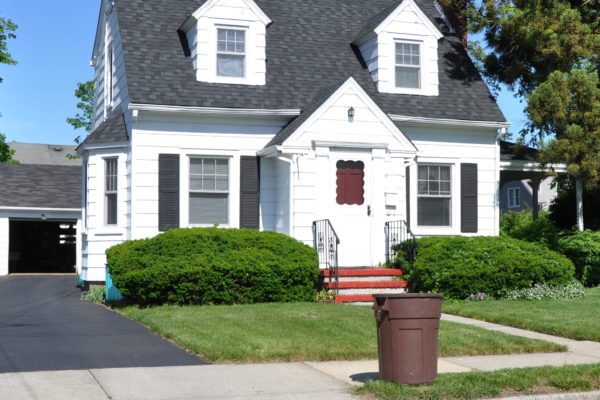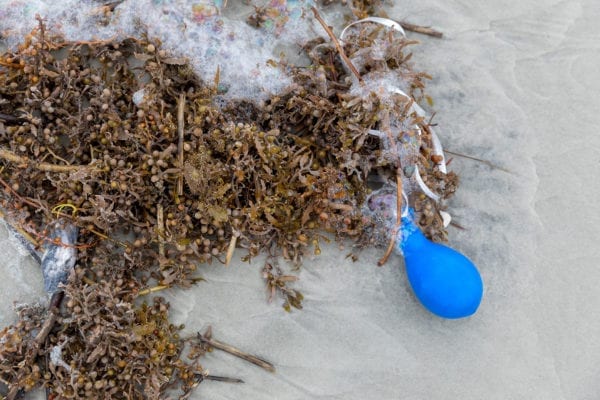All across Maine, people are looking for holistic approaches that reduce climate-disrupting pollution, eliminate litter, increase recycling and composting, and transition to clean energy.
To that end, NRCM is dedicated to providing you with the tools to be successful in passing sustainability initiatives. That is why we are providing this web-based toolkit, with resources to help you, and your community, move forward toward a sustainable future.
Click on the initiative below for information and resources to help you succeed. We will be regularly adding useful materials to these pages, so check back often!
Sustainability Initiatives
Reuse & Refill Toolkit
Tips for home, school, dining out, and more using reusable foodware, containers, and more. Also see our resources for enacting local reuse policies in your community.
Zero Waste Toolkit
Tips about how to create less waste at home and minimize your impact on the environment. Also, view map of zero-waste small businesses in Maine.
Composting Toolkit
Composting is an effective tool to eliminate wastefulness and protect the environment
Reducing School Food Waste Toolkit
Helping schools ensure no edible food is wasted and that food scraps are used appropriately.
Pay As You Throw Toolkit
Creating an equitable way to reduce household waste and save money in your town
Balloon Litter Prevention Toolkit
Help prevent one of the top sources of preventable litter adding to the global plastic pollution crisis.
The Natural Resources Council of Maine’s Sustainable Maine program encourages individuals, communities, and the state to adopt practical, effective measures that conserve and protect our natural resources. Our overarching goal is a resilient future where people are able to work, play, and thrive in Maine.
To help advance sustainable community initiatives throughout the state, we are offering grants for organized committees and start-up groups to help them reach their goals. Grant applications will be accepted on a rolling basis, and grants are not to exceed $500. Limited funding available.
The documents in each toolkit are tailored to fit each specific program; however, here are some useful guides that are helpful for any of the initiatives:
















